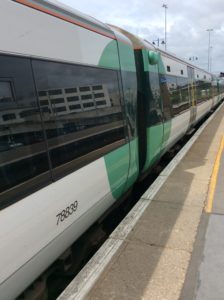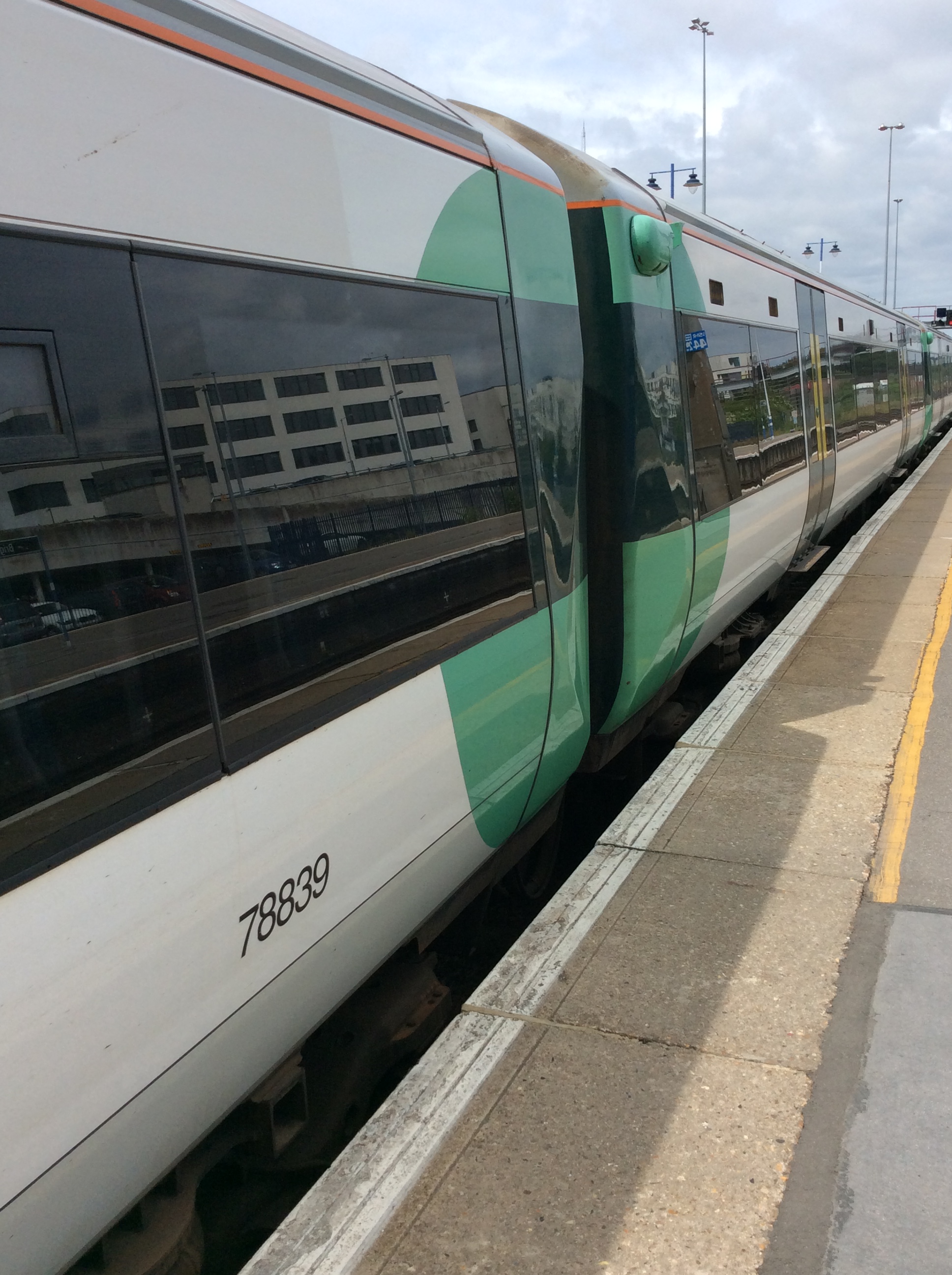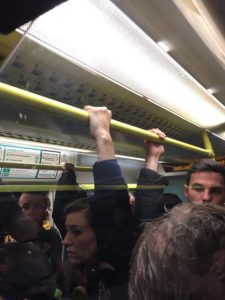The main train company for Brighton and Hove has been handed a £100 million financial boost by the government.

Govia Thameslink Railway (GTR) included a reference to the extra sum in its newly filed annual report and accounts.
And as a result the strike-hit train operator, which runs Southern, Thameslink and the Gatwick Express, restated some of the figures in its latest accounts.
The accounts showed an operating profit in the most recent financial year of £4.6 million – down from a restated £5.7 million profit in the previous year.
But a year ago the company announced an operating loss of £15.6 million.
The restated figures for the latest year alone mean that GTR is £21 million better off.
In the “notes to the financial statements” GTR said: “In the financial statements for the year ended (Saturday) 1 July 2017 the company has changed the way in which it accounts for the rail defined benefit pension scheme.”
This affected the “income statement”, GTR said, “reflecting that the long-term contractual responsibility for the rail pension scheme rests with the DfT (Department for Transport).
“The franchisee is only responsible for agreed funding contributions over the period of the franchise.
“The company has revised its accounting policy to now only recognise the group’s resulting share of service costs in its income statement.”
The note said that the revised method for pension accounting had been “announced” in November 2016.
But the original announcement by the Go-Ahead Group, which owns 65 per cent of GTR, appears to have gone unnoticed and unremarked by the unions, media and politicians.
It said that the changes were “in line with emerging industry practice”.
So while GTR has benefited from restated income totalling more than £110 million over the five years to last July, other train operating companies may also have gained.
GTR’s accounts, filed last Tuesday (3 April), indicated a pre-tax profit of £4.91 million from revenue of £1.26 billion. Revenue, also known as turnover, was £1.14 billion in the previous year.
The company’s annual report said that Govia’s “philosophy of operating its businesses within a devolved framework enables companies to work closely with the communities they serve”.
It said: “The franchise has been structured to facilitate the transformation and modernisation of passenger services, enabling capacity improvements through the government’s Thameslink programme infrastructure project, the introduction of several new fleets of trains and the modernisation of working practices.
“Unfortunately this modernisation agenda has been impacted by the much-publicised industrial action by both the RMT and ASLEF unions.”
The report, which was written before the deal struck with ASLEF, added: “Both unions have publicly declared their intent to resist the further introduction of driver-controlled trains and are resisting any plans on a national level.
“During the financial year GTR has delivered its new operating model for trains operating on much of the Southern and Gatwick Express services by the introduction of the on-board supervisor (OBS) role.
“This new role, which has limited operational responsibilities, focuses on providing improved customer services to our passengers.
“This change in focus has been well received by passengers and, while still the subject of negotiation with the unions, is operating well and reducing the number of cancellations suffered by customers.
“With the introduction of the OBS role as well as the continuation of conductors on some routes, GTR now has a second person on more trains than was the case in the previous operating model.
“The prolonged disruption, combined with the pre-existing network infrastructure instability, delays in the introduction and operational reliability of the class 700 trains and driver recruitment and training programmes, has meant that the service we have provided has fallen short of our and our customers’ expectations for which we apologise.
“While service levels remain below these expectations, performance improved during the second half of the financial year, helped in part by fewer strike days.”
The report mentioned the £13.4 million fine for poor performance, which the company called “an agreement … with the DfT for GTR to fund a package of performance and passenger improvements”.
The report includes GTR’s “public performance measure” – the percentage of trains reaching their final destination on time or up to five minutes late. At 74.2 per cent in the most recent year, performance was down from 81.5 per cent a year earlier.
Passenger satisfaction rose from 69 per cent to 72 per cent on Southern, the report said. On Thameslink satisfaction was up from 74 per cent to 75 per cent and on the Gatwick Express it went up from 79 per cent from to 88 per cent.











